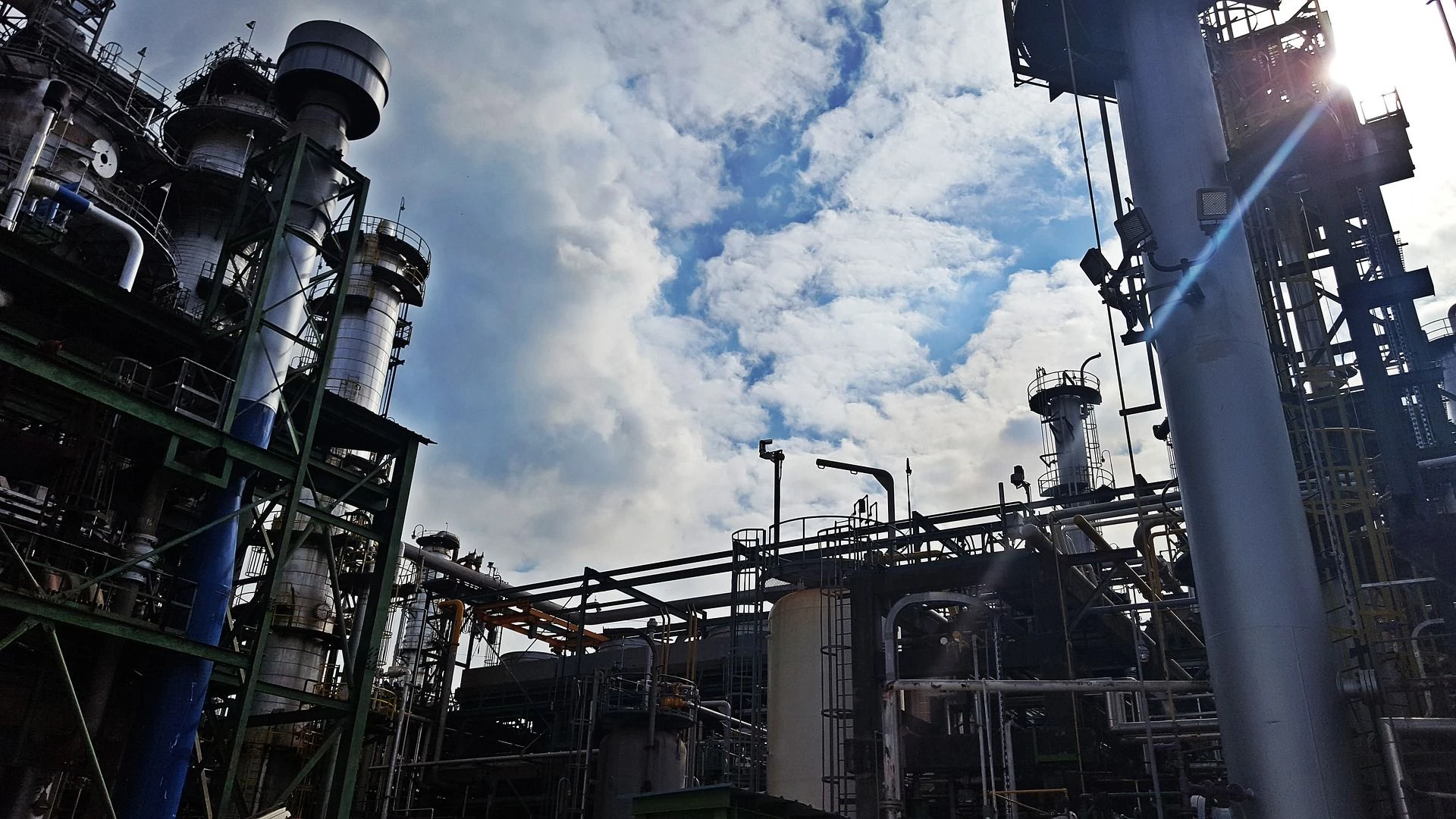4 Ways to Reduce the Life Cycle Cost of a Centrifugal Pump


We're working on even more improvements to AiSight's Machine Insight Center—all based on feedback from our users. Read on to learn about the future of our next-generation predictive maintenance software, and how you can shape it.
Airflow is essential to industrial processes. AiSight's predictive maintenance solution keeps fans spinning and production running. Find out how predictive maintenance prevents breakdowns and reduces fan and ventilator downtime.
In developing the new Machine Insight Center software for the AiSight predictive maintenance solution, we had the advantage of a great resource: our dashboard users. Read more to learn how having access to feedback made a difference in our development process.
